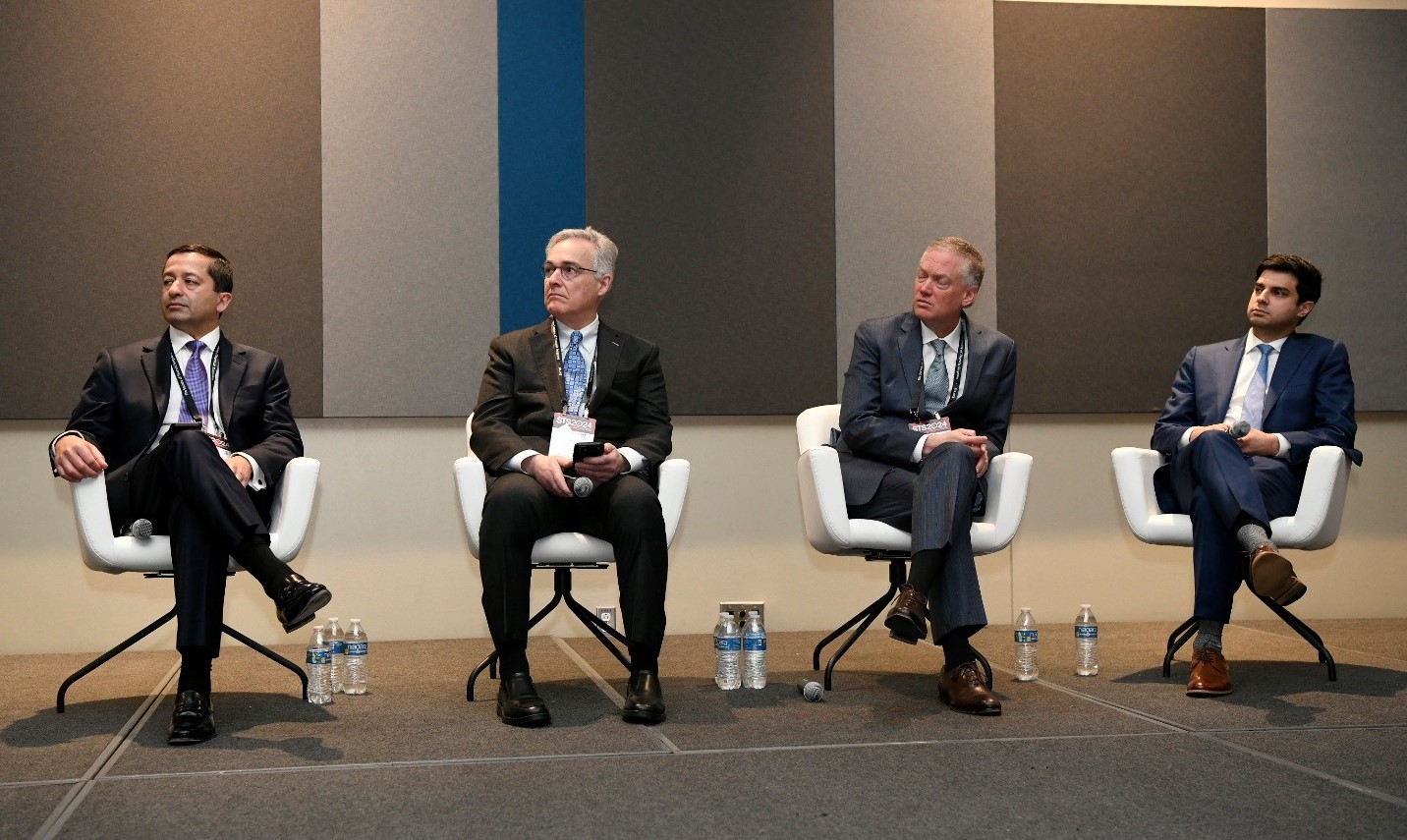Shortly after the 60th STS Annual Meeting began, a packed crowd attended the "Trends and Research from the STS Adult Cardiac Surgery Database (ACSD)" session, beginning with a presentation by Michael E. Bowdish, MD, of the Smid Heart Institute, Cedars-Sinai Medical Center. He looked back at the origins of the ACSD, which was established in 1989 to collect information on cardiac surgery procedures, track outcomes, and provide insights into opportunities for quality improvement.

Today – more than three decades later – the Database offers more than nine million recorded procedures making it one of the most comprehensive, robust, and sophisticated contemporary clinical databases in use.
For example, 95% of centers performing coronary artery bypass grafting (CABG) in the United States, and 97% of patients receiving CABG are included in the STS ACSD. Every year 10% of the participating sites undergo a data audit assessing data accuracy and completeness with strict thresholds to pass quality control. Continuous education of data managers is a further element to ensure data quality.
"STS ACSD is a vital source of data for outcomes research quality improvement, with overall volumes that are stable with notable trends in aortic surgery," said Dr. Bowdish.
The STS ACSD has provided the foundation for national benchmarking in adult cardiac surgery through the development of regularly updated and recalibrated risk models and performance metrics, the availability of feedback reports to database participants and individual surgeons, quality-improvement efforts, voluntary public reporting, and comparative effectiveness research.
